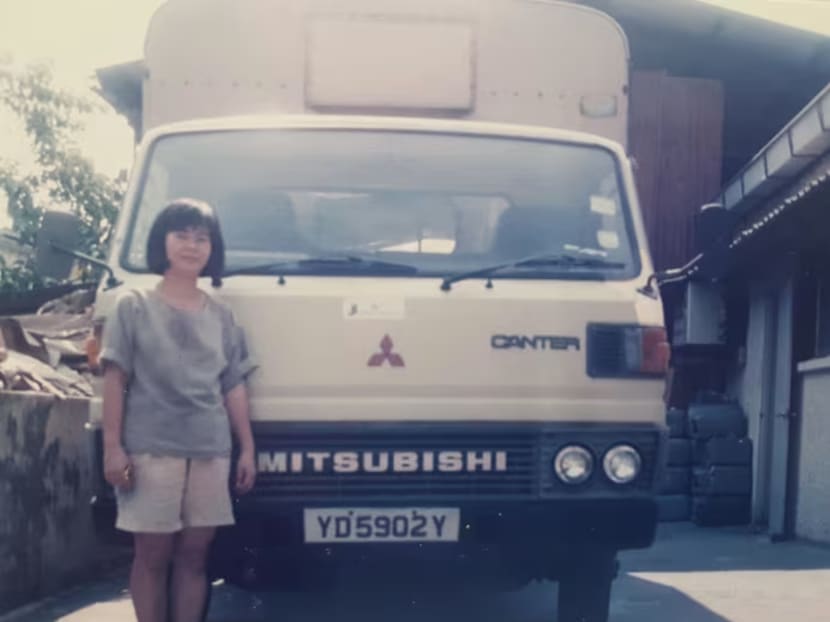How Ken Koh revived his ailing family business in Singapore to produce the ‘Rolls-Royce’ of soya sauce
The third-generation owner of Nanyang Sauce is setting up shop in Bhutan — while branching into wellness and biotech.


This audio is generated by an AI tool.
entrepreneurs have been known to trumpet bold claims, and third-generation soya sauce maker Ken Koh of Nanyang Sauce is no exception. He professes to sit on the “vat of youth,” frothing gently with soya beans that are fermented the traditional way, laced with koji mould. The latter, he posited, contains properties that may reverse ageing and — if you'll suspend your disbelief — possibly kill cancer cells.
Never mind that such assertions may bear whiffs of snake oil sales spiel; Koh has skin in the game. He’s stumped up resources to launch a fermented skincare line, as well as a new age pharmaceutical firm that inked a research collaboration agreement with National Cancer Centre Singapore to explore the cancer therapeutic potential of mycobiota fermentation.

Two years ago, he launched wellness-inspired private dining company Nanyang Chef, which features dishes starring ingredients sourced from Bhutan and Borneo. While he credits those pursuits with the pithy slogan, “the secret is in the sauce,” there was a time where Nanyang Sauce's branding was more soya than sizzle.
A LEGACY ON THE BRINK
By the time Koh joined his family business — hitherto run by his mother and uncles — they were beset by debt and circling the proverbial drain. He traces the company's decline to 1996, when his grandfather and Nanyang Sauce’s founder, Tan Tiong How, passed away at the age of 70 after suffering a heart attack.
“He was working so hard, always the first in the factory and the last to leave,” he said. “He did not plan for succession, as it was considered inauspicious. That’s why I wrote my will in my 20s.”
Friends developed a taste for Tan’s umami-rich brews, so he eventually began peddling it out of a tricycle. This bare-bones outfit built on elbow grease creaked and clattered its way into a kampung factory in 1959. While they relocated several times over the decades, the family has hewed to their painstaking method of fermenting hand-brewed soya sauce under the sun for months, stubbornly eschewing mass-market machine production at their own mounting costs. This was before the term “artisanal” was flashed like a badge of honour by chefs and soap-makers alike.
“People are now starting to appreciate old school, real food again, but the 1990s and early 2000s were all about cheaper, processed food and air-conditioned hypermarkets like Carrefour,” recounted Koh.







